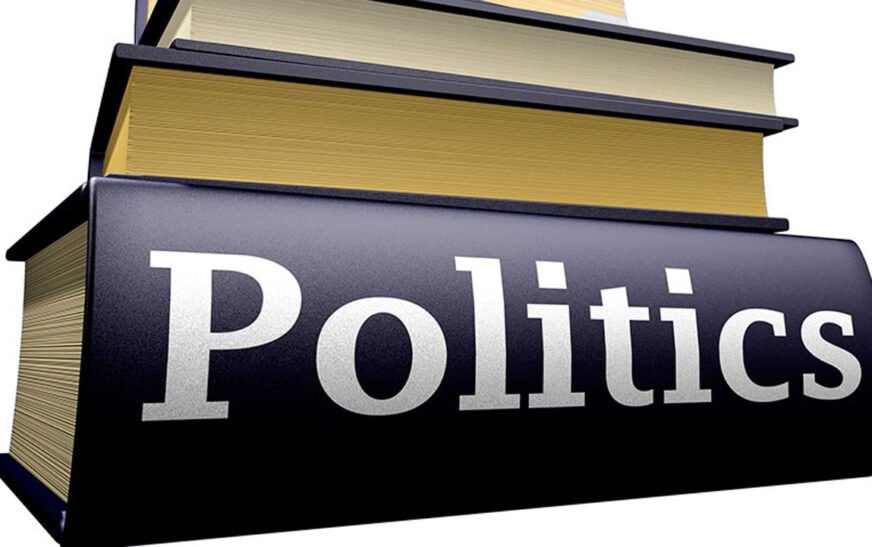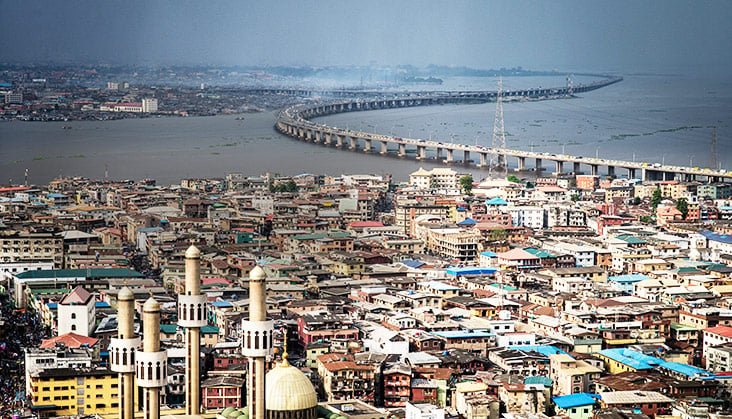By Ariwodo Chidinma Favour
The intersection of religion and politics has been a subject of debate for centuries. On one hand, religion offers a moral compass that can shape policies and societal values.
On the other, integrating religion into politics can blur the lines between personal faith and public governance, raising questions about fairness, inclusivity, and the preservation of democratic principles.
At the heart of this discussion lies a critical dilemma: should religion be separated from politics, or is there a case for integration?
The argument for separation, often grounded in the idea of secularism, advocates for a clear distinction between religion and the state. In diverse societies, where multiple religious beliefs coexist, secularism helps ensure that political decisions are made without privileging one belief system over others.
READ ALSO: Ihesiulo Grace Amarachi – CEO of AdaEventsNews Nigeria
This separation protects the rights of all citizens, regardless of their faith, and fosters an environment where laws are based on reason, equality, and universal human rights, rather than religious doctrine. The principle of secular governance is particularly important in maintaining the neutrality of the state, preventing religious influence from overshadowing democratic processes or marginalizing minority groups.
Moreover, the separation of religion and politics is seen as essential for protecting religious freedom itself. When religion is intertwined with politics, there is a risk that the state may exploit religious sentiments for political gain, leading to the erosion of genuine religious expression. History has shown that the politicization of religion can result in division, conflict, and even violence, as groups vie for power and legitimacy under the guise of religious righteousness.
On the other side of the debate, proponents of integrating religion into politics argue that faith-based values can offer important moral guidance in the governance of a society. Many religious traditions promote principles such as justice, compassion, and charity, which can inform ethical policymaking. For religious adherents, separating their faith from political life may feel unnatural, as their beliefs shape not only their personal conduct but also their vision for society as a whole. Religious values have historically played a role in advancing social justice movements, such as the civil rights movement in the United States, where religious leaders were at the forefront of advocating for equality and human dignity.
However, the challenge of integration lies in ensuring that religious values in politics do not infringe upon the rights of those who hold different or no religious beliefs. A government rooted too deeply in a particular religion risks alienating segments of the population and creating policies that may not serve the common good. Balancing religious values with the pluralism of modern societies is a delicate task, requiring sensitivity to both the power of faith and the need for inclusive governance.
In conclusion, the question of whether to separate or integrate religion and politics does not have a one-size-fits-all answer. The role of religion in politics will depend on the historical, cultural, and societal context of each nation. However, at the core of the debate is the need to ensure that governance remains fair, just, and representative of all people, regardless of their faith. Whether through separation or careful integration, the ultimate goal must be the protection of both democracy and religious









